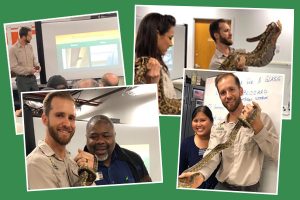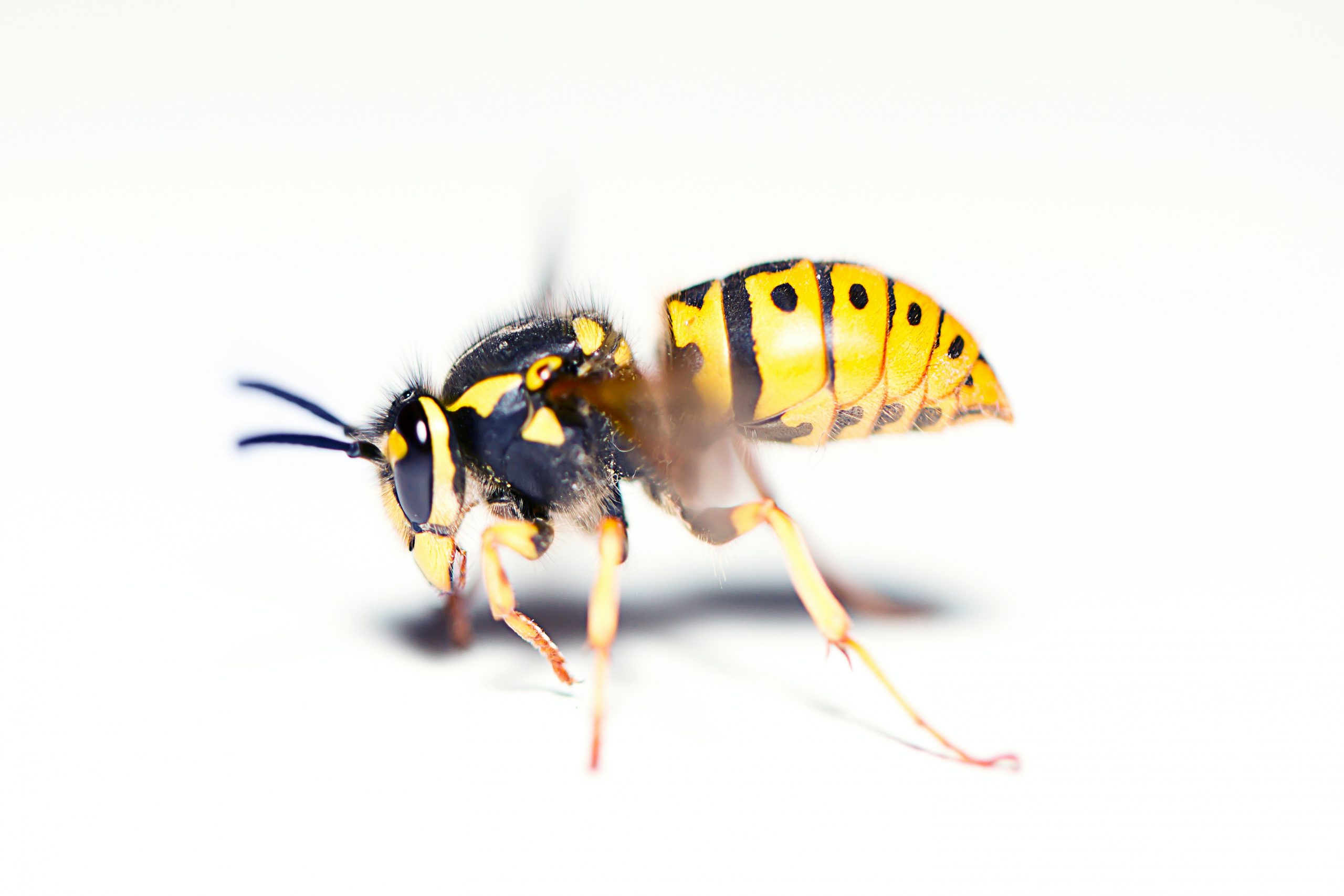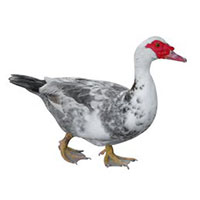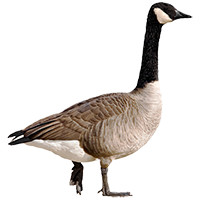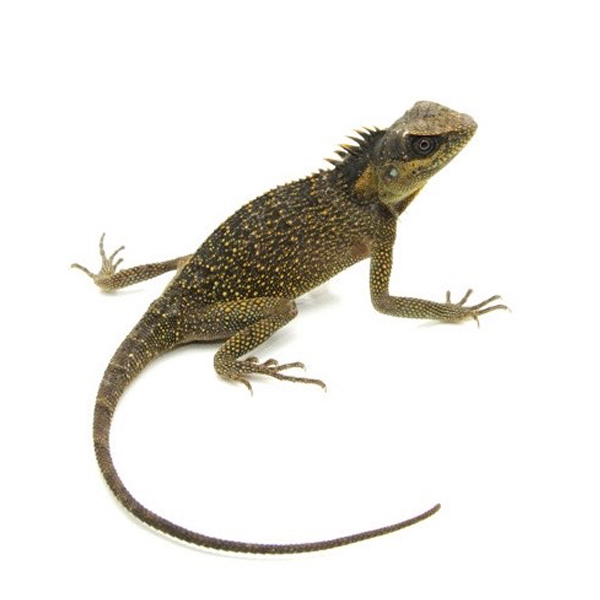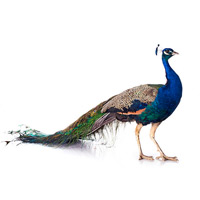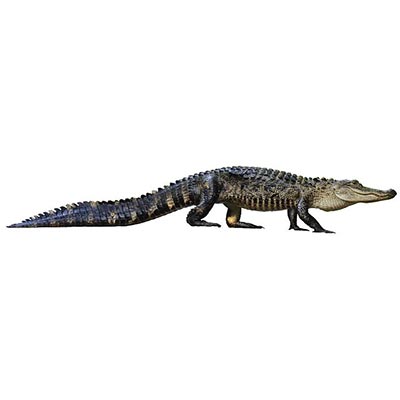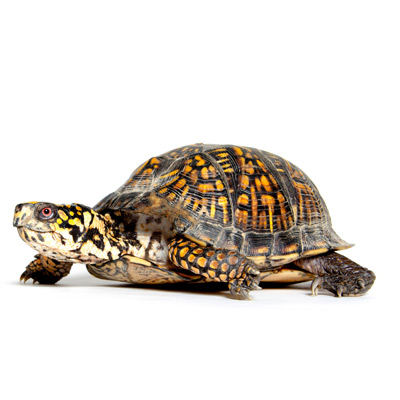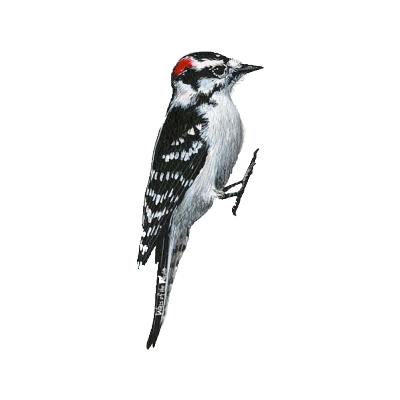Snake Bite Treatment – What to do if a Snake Bites
According to the Florida Museum of Natural History of the 50 species of snakes which may be found in Florida, only the following 6 snakes are venomous and a danger to humans:
-
Southern Copperhead (also known as: Copperhead, Highland Moccasin, Chunkhead)
- Cottonmouth (also known as: Florida Cottonmouth, Water Moccasin)
- Eastern Diamondback Rattlesnake (also known as: Rattlesnake, Rattler)
- Timber Rattlesnake (also known as: Canebrake Rattlesnake)
- Dusky Pigmy Rattlesnake (also known as: Pigmy Rattler, Ground Rattler)
- Eastern Coral Snake (also known as: Coral Snake)
The other 44 species (and its subspecies) of snakes which are often found in Florida may bite but are not poisonous and should be protected for their beneficial role in the natural ecosytems; eating insects, rodents, and other small prey. (This does not include possible exotic snake pets, which have escaped or been released in the wild.)
For more information about Florida snakes and descriptive photos, please visit the Florida Museum of Natural History website.
If you have a snake causing you an issue, we do offer services for removing snakes including snake trapping and removal.
If a snake bites you or someone else, try to remember these guidelines for snake bite treatment:
- Try to see and remember the color and shape of the snake, which can help with treatment of the snake bite.
- Help the person who was bitten try to remain still and calm. Immobilize the bitten arm or leg, and keep the bitten person as quiet as possible. (This can help to slow down the poison spreading through the body, if the snake was poisonous.)
- Call 911 or call local Emergency Medical Services (EMS), and seek medical attention as soon as possible. Let 911 operator or EMS technicians know if the bitten area changes color, begins to swell, or is painful.
- Remove jewelry from the bitten person; they may start to swell as a result of the snake bite.
- Lay or sit the bitten person down, so that the bite is at or below the level of their heart.
- Cover the bite with a clean, dry dressing.
Some things you should NOT do as First Aid, if a snake bites you or someone else
- Do not slash the wound with a sharp object and then try to suck out the snake venom (as seen in some old movies).
- Do not drink alcohol as a pain killer for a snake bite (also seen in old movies).
- Do not pick up the snake or try to trap it for later identification by professionals (this action cause you or someone else to also get bitten by the snake).
- Do not apply a tourniquet between the bite and the heart.
- Do not apply ice or immerse the wound in water.
- Do not drink caffeinated beverages.
If you are concerned about snakes (or other wildlife) in or around your home, your business, or on your property, Call Quick Catch 904-859-6585 to speak with a Quick Catch representative.
For more information about snake bites, visit the U.S. National Library of Medicine of the National Institutes of Health website.
Read more posts from the Category Wild Animal Stories.




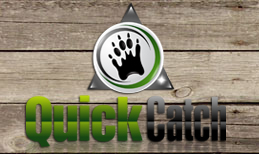
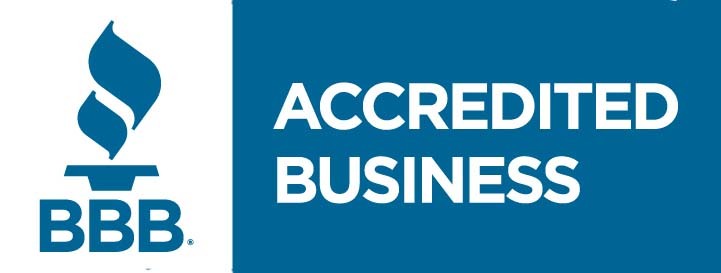
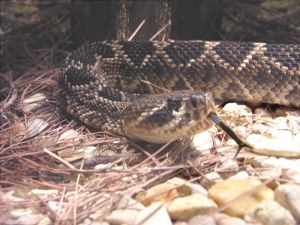 Southern Copperhead (also known as: Copperhead, Highland Moccasin, Chunkhead)
Southern Copperhead (also known as: Copperhead, Highland Moccasin, Chunkhead)
